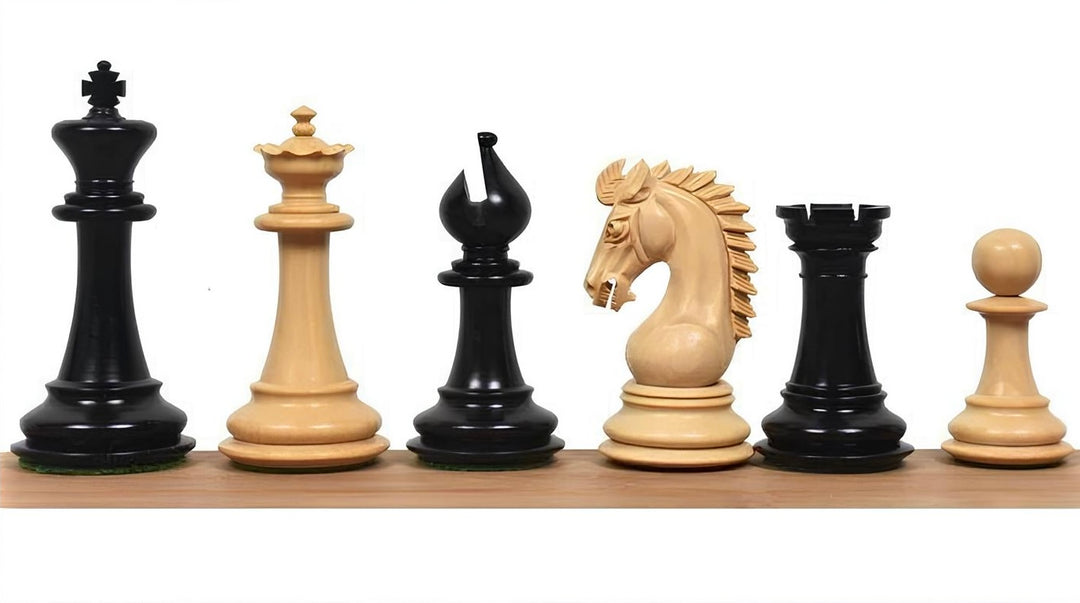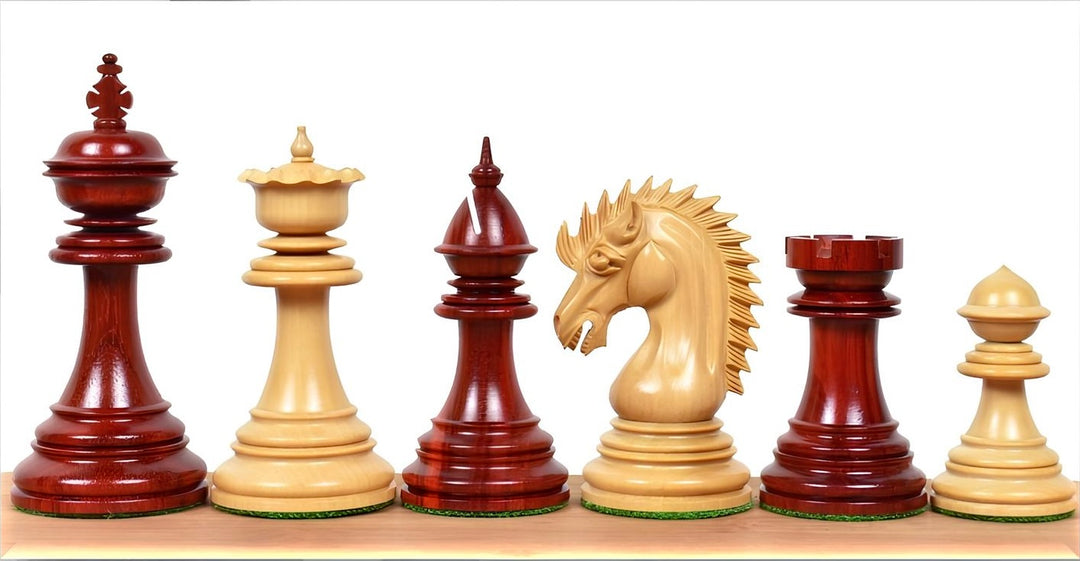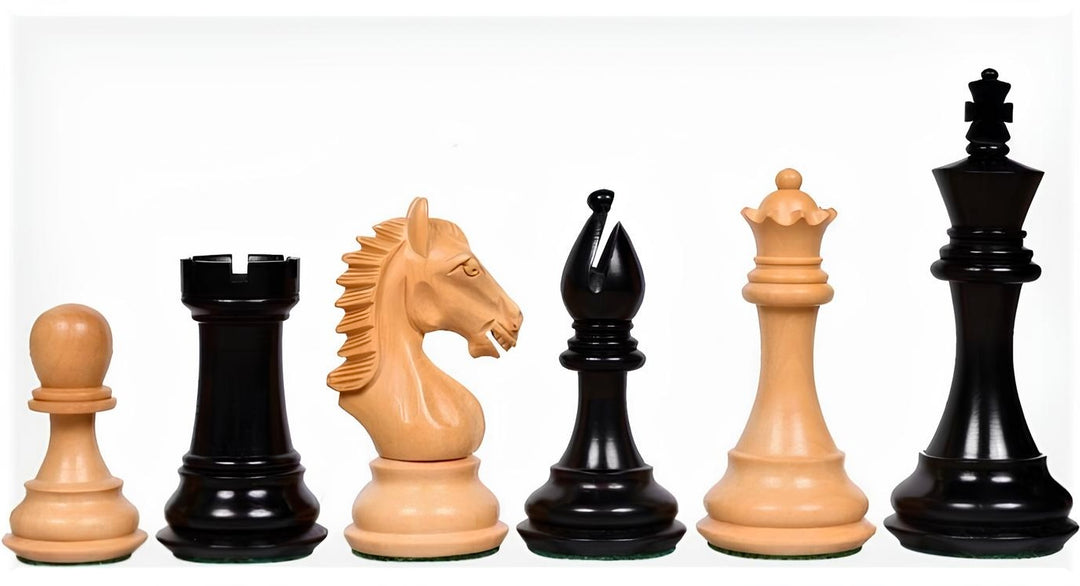Chess is a classic game of strategy and skill that has been enjoyed by people around the world for centuries. For those new to the game, selecting the right chess set can significantly enhance the learning experience. This guide will provide insights into choosing an ideal chess set that fosters enthusiasm and proper learning for beginners.
Understanding Chess Set Components
Before diving into the specifics, it's essential to understand what makes up a chess set. A chess set typically includes the board and the pieces. The board is a square structure divided into 64 smaller squares, arranged in an 8x8 grid. These squares are alternately colored light and dark. The pieces for each player consist of one king, one queen, two rooks, two knights, two bishops, and eight pawns. Each type of piece moves in distinct ways, and understanding these movements is fundamental to playing chess.
Key Factors in Choosing a Chess Set for Beginners
When selecting a chess set for a beginner, there are several factors to consider that ensure an effective and enjoyable learning process:
1. Durability
Beginning players, particularly children, may handle chess pieces roughly or may not store them carefully. Choosing a set made from durable materials like heavy-duty plastic or wood can guard against damage. Sets made from cheap materials might not withstand frequent use and could lead to a disappointing experience.
2. Board Size and Square Visibility
The size of the board and its squares should be suitable for easy viewing and manipulation, particularly for young players or those with limited dexterity. Typically, a chess board with square sizes ranging from 1.5 to 2 inches is comfortable for most beginners. A larger board may make game play less intimidating as it provides clear visual and physical space to think and move.
3. Piece Design and Recognition
For newcomers to chess, distinguishing between different pieces can sometimes be a challenge. Opt for sets with traditionally styled pieces, as these are generally easier to recognize and differentiate. Staunton pieces, the standard style used in competitions, are highly recommended for beginners due to their widely recognizable design.
4. Weight of Pieces
The weight of the chess pieces is an important consideration, particularly if the set will be used to teach the standard feel of the game. Heavier pieces are less likely to be accidentally knocked over during play. Look for sets with weighted pieces to provide a more stable and professional experience.
5. Material
The material of both the board and pieces plays a significant role in the aesthetic appeal and longevity of the set. Common materials include plastic, wood, glass, and metal. For beginners, especially younger players, plastic sets can be a good starting point due to their affordability and durability. Wooden sets can provide a more traditional feel, making the transition to professional sets easier in the future.
6. Portability
If the chess set needs to be transported to clubs, schools, or friends’ homes, consider its portability. Many beginner sets come with foldable boards or roll-up mats that are easy to carry. These options often come with bags or carrying cases that fit the board and pieces comfortably, making them ideal for travel.
7. Affordability
Pricing is a crucial factor, especially if the interest in chess is still being gauged. There are plenty of affordable options that do not compromise too much on quality. However, avoid excessively cheap sets as they may not provide a good playing experience. Setting a budget before shopping can help in making an appropriate choice without overspending.
Tips for First-Time Chess Set Buyers
Shopping for your first chess set can be exciting, but sticking to user-friendly features can prevent newcomers from feeling overwhelmed. Additionally, consider investing in a beginner’s chess book or access to a chess learning app. This can complement physical practice with theoretical knowledge, which is crucial for improving at the game.
To sum up, choosing the right chess set for a beginner involves considering durability, the design and weight of the pieces, material, portability, affordability, and the educational value of the set. By keeping these factors in mind, buyers can select a chess set that not only enhances learning but also keeps the new player engaged and eager to develop their skills.
Explore our large collection of beautiful chess sets!


































Leave a comment